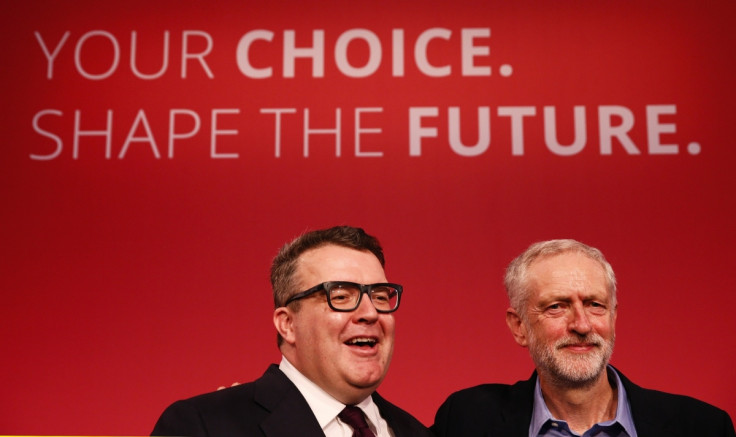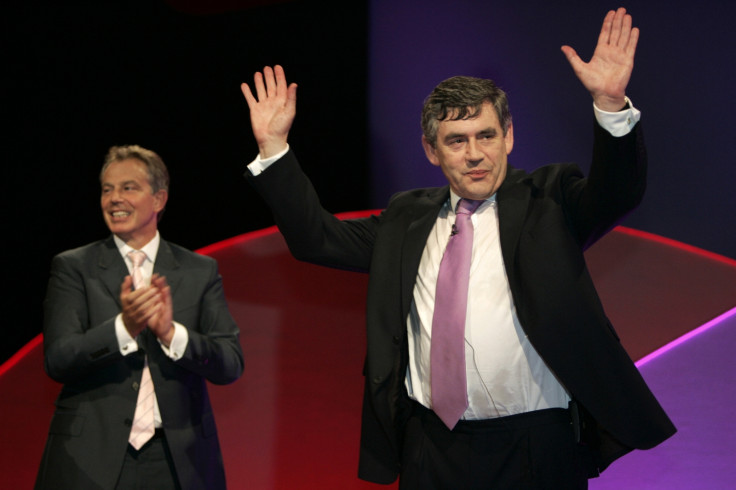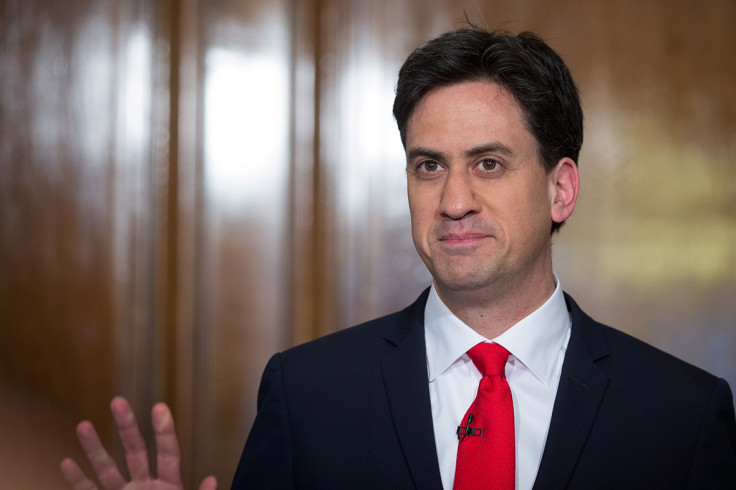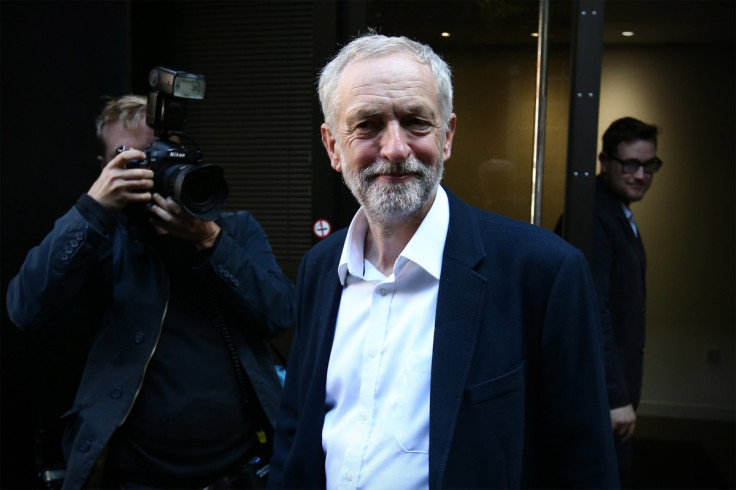Jeremy Corbyn: Old Labour, New Old Labour or Real Labour?

After winning the Labour leadership election on a far-left platform, the veteran socialist MP Jeremy Corbyn must now build a narrative around his movement that convinces British voters he and his team are their best chance of living in a prosperous, fair country.
Though he sounds the death knell of Blairism in Labour, he should take one last look for an important lesson on branding what your party represents. Because he faces an uphill struggle before the 2020 general election and has a lot of people to win back to Labour, a task some deem is impossible because he is divisive.
Tony Blair's election as leader of the Labour party in 1994 was its renaissance as New Labour. The party ditched its Clause IV constitutional commitment to nationalised public services, shifted its politics to the centre and took the fight to the Conservatives on their turf. And it won big time in 1997 with a landslide election victory.
This was the dawn of the Third Way philosophy, which sought to harness the wealth-creating power of capitalism and the efficiency of markets so the proceeds could be redistributed to those on low incomes in the form of public services and benefits. "New Labour" as a brand said everything that needed saying. This was fresh, a change. It was a movement and a philosophy. A rallying point for the like-minded.
The birth of New Labour, by linguistic necessity, created Old Labour. It was a moniker for the era of Tony Benn and Michael Foot; of militant trade unions and entryism by radical Trotskyists who wanted to overthrow the system. Old Labour was, by implication, the past. Its politics were historic and picking them back up would be regressive. Old things die, and Old Labour was dead.

It was OId Labour's decay that paved the way for the Conservative prime minister Margaret Thatcher's 11 years in office – and gave her the political space to nobble the unions, privatise whole industries, and unleash financial capitalism. It took 18 years and Tony Blair for Labour – New Labour, sorry – to win power again in Westminster.
But the New Labour project had its own shelf life. Infighting between Blair and his brooding chancellor Gordon Brown, Iraq's missing weapons of mass destruction and the dodgy dossier, soundbite-centred managerial politics, mass immigration, europhilia, assaults on civil liberties under draconian antiterror law – all of this helped unravel New Labour.
And this overshadowed its many achievements, among them the minimum wage, holiday pay, civil partnerships, an unparalleled economic boom, and much more. By 2007, Blair was facing an insurrection from the Brownites on his benches. He quit, allowing Brown to take charge. And then it all went downhill.
Brown's short reign was the swansong for New Labour. In some ways, Blair had a lucky escape – he got out in time to watch the financial crisis unfold as a spectator, rather than participant. Brown and his new chancellor, Alistair Darling, had to bail out the banks, authorise a whopping-great quantitative easing programme by the Bank of England, and explain to the country why they were entering a general election with a budget deficit equivalent to 11% of GDP.
The Conservative line that Labour spent and borrowed too much – some dubious hindsight from a party which had little to say before the crisis about spending levels – stuck and Labour lost the election, paving the way for the Conservative-Liberal Democrat coalition government. Exit stage left for Brown and, following a bruising leadership election against his own brother, enter stage right Ed Miliband.

Miliband tacked the party to the left. He went in hard on the Conservatives over the economy, which the data at the time suggested was falling into recession amid a biting austerity programme (only for that recession to be revised away by statisticians later on), and falling incomes. He demanded less austerity, that the Conservatives under David Cameron and George Osborne were going too far, too fast with their spending cuts. Yes it was important to close the deficit, argued Miliband, but not how the Tories were doing it. Higher taxes for the rich, fewer cuts to welfare and public services for the poor were what was needed.
Miliband unveiled a number of interventionists policies: freezing energy bills, rent controls, renationalising train services among them. This was New New Labour – it broke from its Third Way past, and the Blair years in particular, but stayed within the realms of the centre-left. Then it lost, comprehensively, the 2015 general election.
And here we are today, just days after the election of Jeremy Corbyn as leader of the Labour party. A man who wants to relinquish the independence of the Bank of England so it can print money for public investment. Who wants to hike taxes and end austerity. Whose shadow chancellor, John McDonnell, wants to nationalise the whole banking industry. And Corbyn would like to leave Nato, if only his party and the electorate would let him, a full-blown break with the Blair years when the doctrine of Western-led humanitarian intervention was à la mode.
This shift in tone – back to central planning, nationalising whole industries, hiking taxes, increasing public spending – has the hallmarks of Old Labour. But Old Labour is Old Labour and it has negative connotations. So what should the Corbynite project call itself? How should they brand Corbyn's Labour?

New New New Labour is ridiculous. So is New Old Labour. What Corbynites need is something that has the same propaganda power as the phrase New Labour, which so clearly defined what the early Blair years were about – a fresh start.
So in the spirit of the supposed reclamation of the Labour party by the far-left, who insist it abandoned its principles as New Labour in pursuit of election, something deliciously self-complementary is most representative of the purported shift back to its roots: Real Labour.
Real Labour: a real alternative. Like New Labour, it says everything. If Corbyn's recent tantrums about the media are anything to go by, he has a lot to learn about mass communication. But he will have a legion of advisers who do know what they're talking about.
In fact, there's one Labour party supporter who knows all about just that, and has real world experience of building the New Labour narrative himself – Alastair Campbell. Perhaps Corbyn should give him a call. I'm sure he'd be happy to help. Just don't mention the war.
© Copyright IBTimes 2024. All rights reserved.






